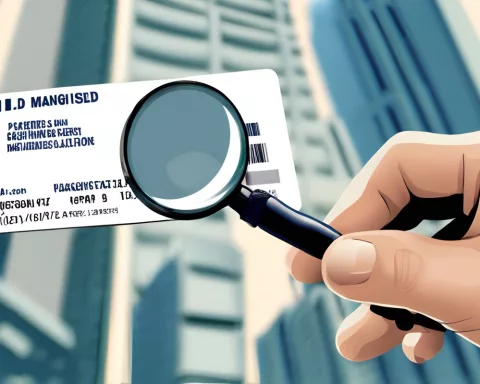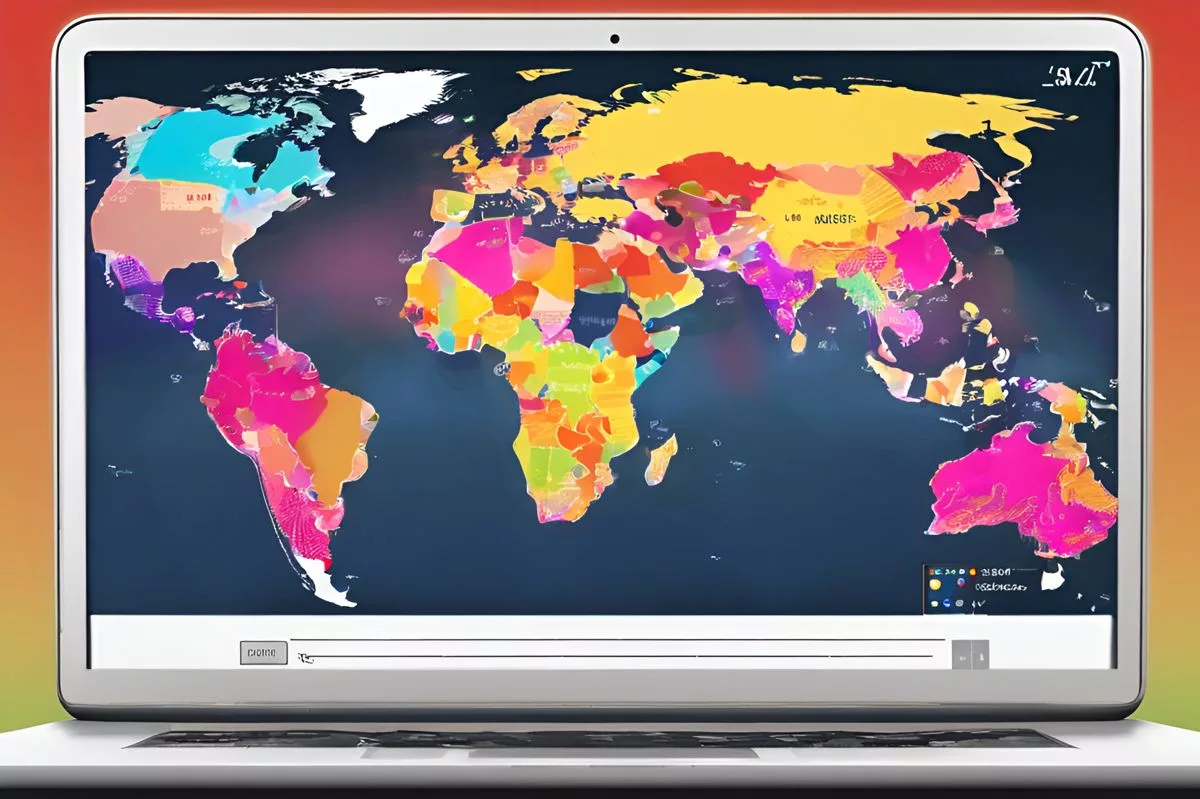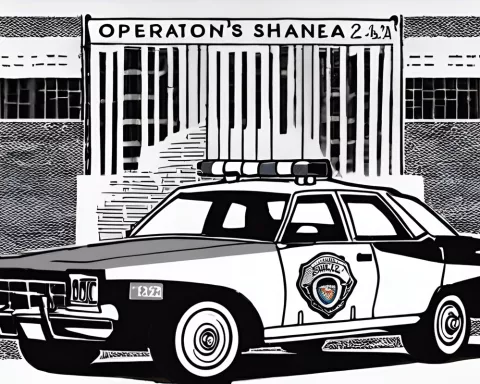The South African Police Service and the US Department of Homeland Security have worked together to arrest seven individuals involved in child online sexual exploitation, including possession and distribution of child pornography. Parents are reminded to supervise their children’s devices and teach them to avoid responding to unfamiliar messages. While law enforcement agencies continue to combat online sexual predators, parents must also take preventive measures to create a safer digital world for their children.
Collaborative efforts between the South African Police Service and the US Department of Homeland Security have resulted in the arrest of seven individuals for child online sexual exploitation, including possession and distribution of child pornography. Parents are encouraged to take preventive measures such as supervising their children’s devices and guiding them to refrain from responding to messages from unfamiliar individuals. The fight against online predators is a shared responsibility and demands constant vigilance from parents and law enforcement agencies.
Joint Operation and Recent Victories
In the digital age where technology use is on the rise, the South African Police Service (SAPS) and the US Department of Homeland Security have been actively collaborating to tackle an increasing and disturbing cybercrime: child online sexual exploitation. A recent collaborative campaign between these bodies resulted in the arrest of three individuals, bringing the total number of arrests to seven since the previous November.
The fight against online predators extends beyond one country’s borders. This joint operation is part of a larger global initiative aimed at tracking and bringing to justice those who create, consume, and distribute child pornography. Each newly apprehended individual represents a minor, yet substantial triumph in the ongoing struggle against this borderless crime.
Among the suspects recently snared was a man who, disgustingly pretending to be a teenager, utilized a chat group to disseminate child pornography. Police nabbed him along with two others in Worcester, Kraaifontein, and Mitchell’s Plain.
Details of the Arrests
The initial arrest occurred on January 17, 2024, involving a 53-year-old Worcester man. Upon his arrest, he was found possessing an alarming 95,000 images and 6,000 videos of child pornography. He is now facing charges for accessing, distributing, and possessing child pornography, each of which constitutes a serious crime.
Following this, the police arrested a 40-year-old man in Kraaifontein on the subsequent day. More than 149,000 images and over 5,000 videos related to child pornography were discovered in his possession. Additionally, two unlicensed firearms, various types of ammunition, and nine snakes were found, three of which were unpermitted. Accordingly, the charges leveled against him extend beyond child pornography to include illegal firearm and ammunition possession.
Lastly, a 32-year-old man from Mitchell’s Plain was drawn into custody on January 19, 2024. He had been engaging in conversations with underage girls, enticing them into sharing explicit images, and was subsequently found guilty.
Following the successful arrests, the suspects were presented in separate courts in Worcester, Kraaifontein, and Mitchell’s Plain for further investigations. The success of this operation was attributed to several key contributors, including the Director of Public Prosecutions (DPP) of WC, NPA, Cape Nature, and SPCA.
The Need for Preventive Measures
However, these victories against online sexual predators, while significant, only depict one side of the solution. The battle against such atrocious crimes necessitates preventive measures. SAPS has thus provided several guidelines for parents to guard their children against becoming victims of these crimes.
Parents are encouraged to supervise their children’s devices and social media accounts to protect them from online sexual predators. The implementation of parental control software and applications can assist in identifying and blocking inappropriate content. Children should be guided to refrain from responding to messages or emails from unfamiliar individuals and should never disclose personal details to online acquaintances.
Additionally, children need to know the importance of not sharing explicit images of themselves on the internet or agreeing to meet an unknown online person privately. If they feel uneasy about anything, they should promptly inform a trusted adult or report the incident to 0860010111.
Collective Responsibility and Continued Efforts
The struggle against online sexual predators is a shared responsibility. It demands constant vigilance from parents, proactive contributions from law enforcement agencies, and the cultivation of an environment where children feel secure enough to report disturbing incidents. Every measure taken in this regard brings us one step closer to creating a safer digital world for our children.
1. What is child online sexual exploitation?
Child online sexual exploitation refers to the creation, distribution, and possession of child pornography, online grooming, and any other sexually exploitative activities involving minors on the internet.
2. What collaborative efforts have been made to combat child online sexual exploitation?
The South African Police Service and the US Department of Homeland Security have worked together in joint operations to arrest individuals involved in child online sexual exploitation.
3. How many individuals have been arrested for child online sexual exploitation?
Seven individuals have been arrested in total for child online sexual exploitation since November.
4. What preventive measures can parents take to protect their children from online sexual predators?
Parents can supervise their children’s devices and social media accounts, implement parental control software, and guide their children to refrain from responding to messages from unfamiliar individuals or disclosing personal details to online acquaintances.
5. What are the consequences of accessing, distributing, and possessing child pornography?
Accessing, distributing, and possessing child pornography are serious crimes that can result in significant jail time and fines.
6. Why is combating child online sexual exploitation a shared responsibility?
Combating child online sexual exploitation is a shared responsibility because it demands constant vigilance from parents, proactive contributions from law enforcement agencies, and the cultivation of an environment where children feel secure enough to report disturbing incidents.












